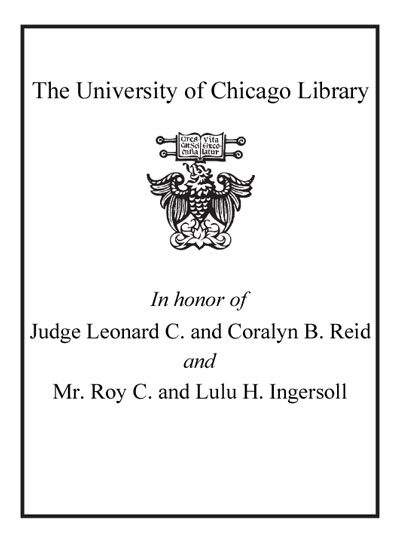Review by Choice Review
Fertility decline to below replacement levels has been both an academic and a policy concern for the last 20-plus years. While previous models have some explanatory power, they are also both too broad and general. Winter (Yale) and Teitelbaum (Harvard) use Ulrich Beck's "risk hypothesis" situated within a political framework of power relations to link societal trends with individual/family-level decisions, which is where decisions on fertility are ultimately made. This makes for a very powerful argument, one that has been missing from the burgeoning literature. The authors are excellent in presenting factual information on demographic change and discussing its implications without using much of the sensational rhetoric that often infects these types of treatises. They give examples from many world regions and quite nicely link empirical evidence from these regions with well thought-out and argued theoretical concepts. The book would be best for upper-division undergraduates or beginning graduate students, although anyone interested in how demographic processes can impact society should read it. Readers may also be interested in Fertility Rates and Population Decline (2013), edited by Ann Buchanan and Anna Rotkirch, although their focus is more on the impacts of fertility decline than the causes. Summing Up: Highly recommended. Upper-division undergraduates and above. J. M. Shumway Brigham Young University
Copyright American Library Association, used with permission.
Review by Choice Review

